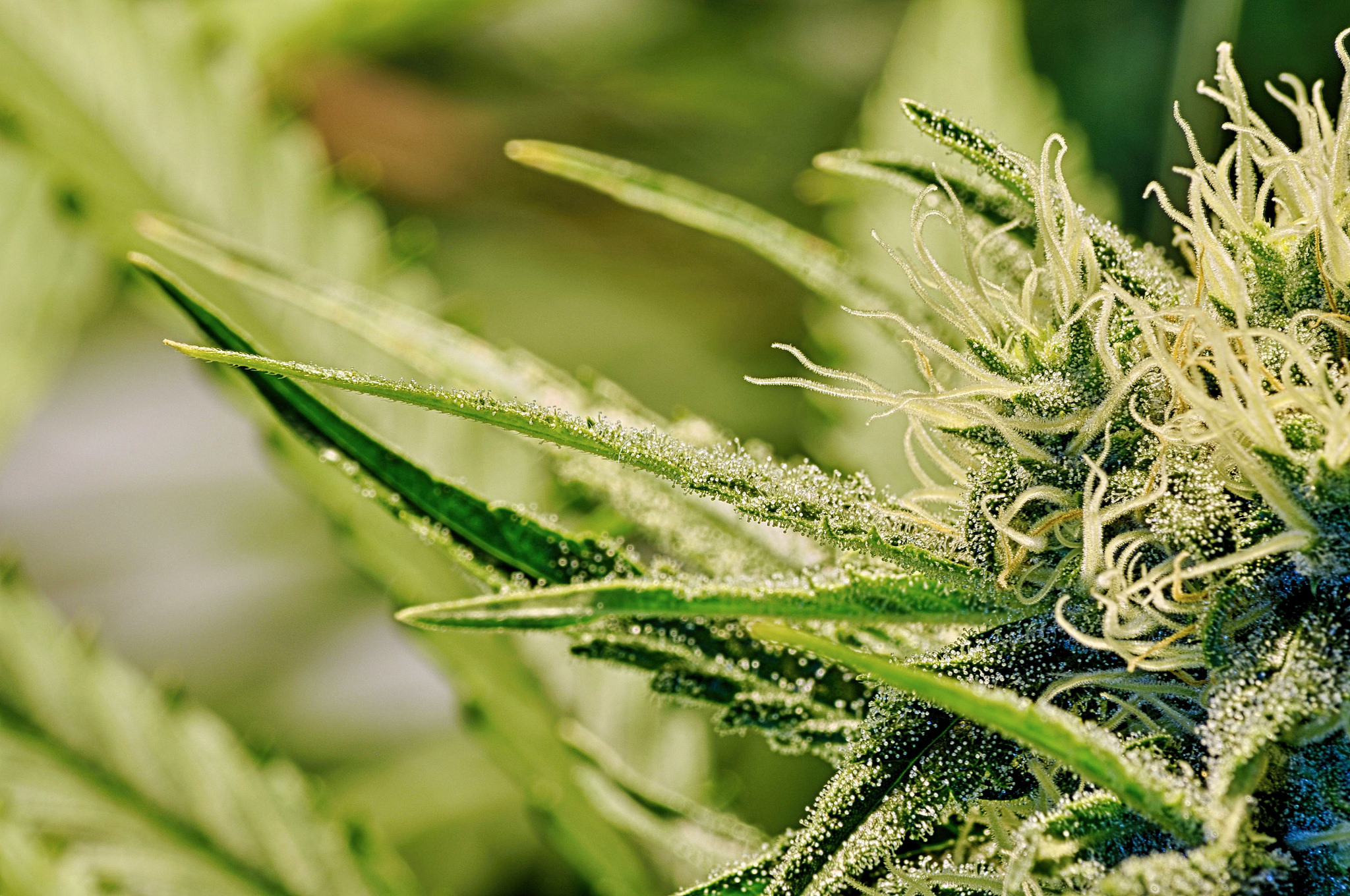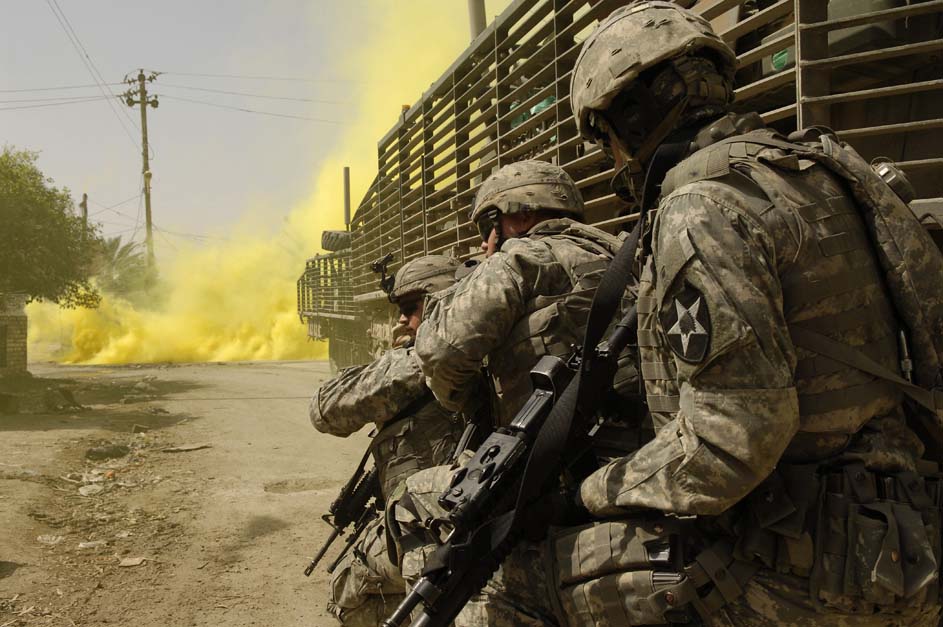America seems to be in the grips of an epidemic of hate and bigotry unseen since 9/11, and, once again, innocent Muslims are the target of threats and outright violence.
Mainstream media and social media have been flooded with troubling reports of Islamophobia across the country in recent weeks.
Ibrahim Hooper, communications director of the Council on American-Islamic Relations, told MintPress News, “We’ve seen a tremendous spike in anti-Muslim bigotry in our society fomented by individuals like Donald Trump, Ben Carson, Rick Santorum and others. We’ve seen a spike in hate crimes as well.”





